Atheism. There is not a single exalting and emancipating influence that does not in turn become inhibitory
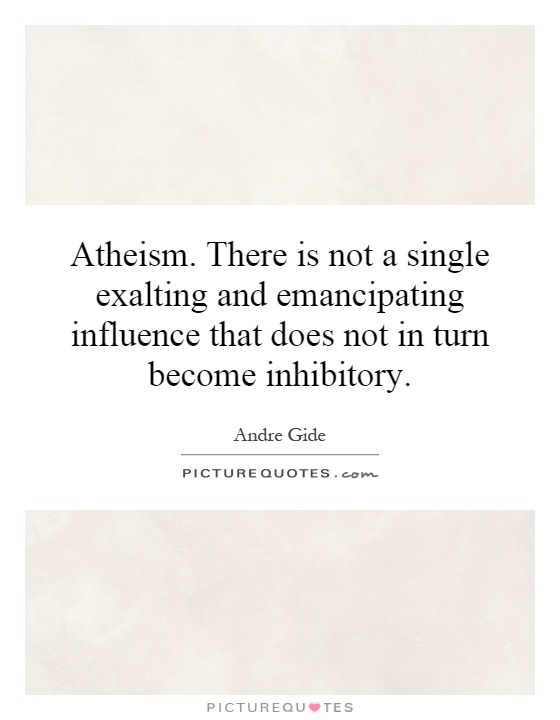
Atheism. There is not a single exalting and emancipating influence that does not in turn become inhibitory
André Gide, a French author and Nobel Prize winner, was known for his controversial views on religion and morality. He was a self-proclaimed atheist and believed that organized religion was inhibitory to individual freedom and personal growth. Gide argued that the belief in a higher power or deity was a form of mental slavery that hindered people from thinking for themselves and living authentically.In his essay "Atheism," Gide explores the idea that rejecting the existence of a god or gods can be a liberating experience. He believed that atheism allowed individuals to break free from the constraints of religious dogma and embrace a more rational and independent way of thinking. Gide saw atheism as a path to intellectual and moral freedom, a way to challenge traditional beliefs and question authority.
Gide's statement that "there is not a single exalting and emancipating influence that does not in turn become inhibitory" can be interpreted as a warning against the dangers of dogmatism, even within atheism itself. Gide understood that any belief system, no matter how liberating it may seem, has the potential to become oppressive if taken to an extreme. He believed that true freedom comes from constantly questioning and reevaluating one's beliefs, rather than blindly following any ideology, including atheism.
Gide's views on atheism were controversial in his time, as they challenged the dominant religious beliefs of society. However, his ideas have continued to resonate with many people who see organized religion as a source of oppression and control. Gide's emphasis on individual autonomy and critical thinking remains relevant in today's world, where debates over the role of religion in society continue to rage.

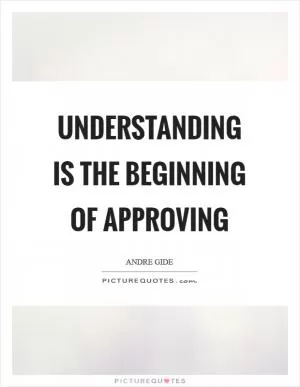

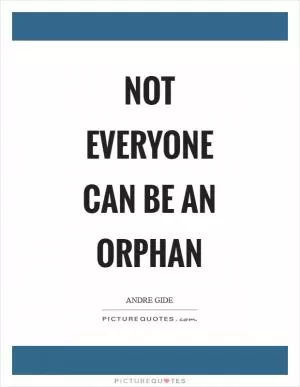
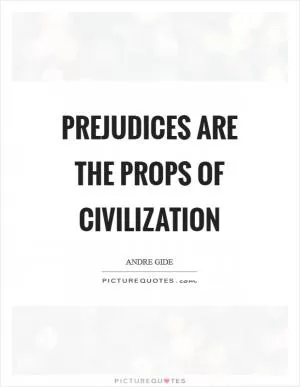
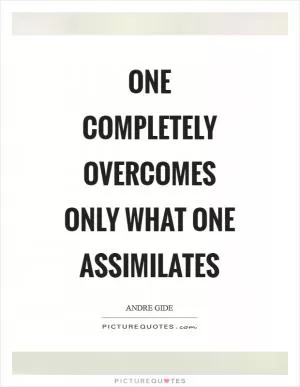
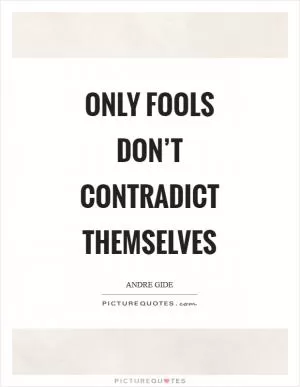

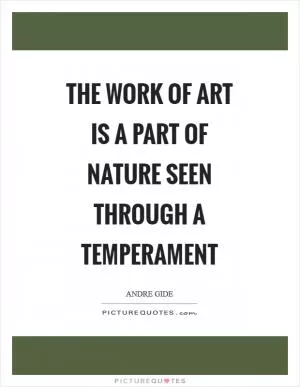
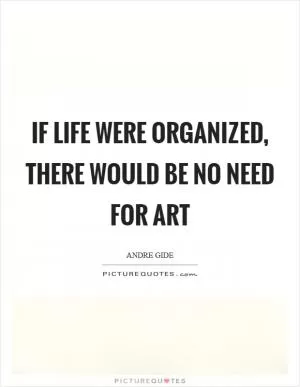
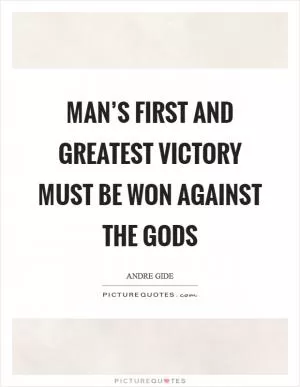
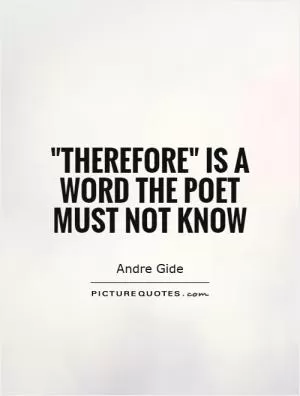
 Friendship Quotes
Friendship Quotes Love Quotes
Love Quotes Life Quotes
Life Quotes Funny Quotes
Funny Quotes Motivational Quotes
Motivational Quotes Inspirational Quotes
Inspirational Quotes